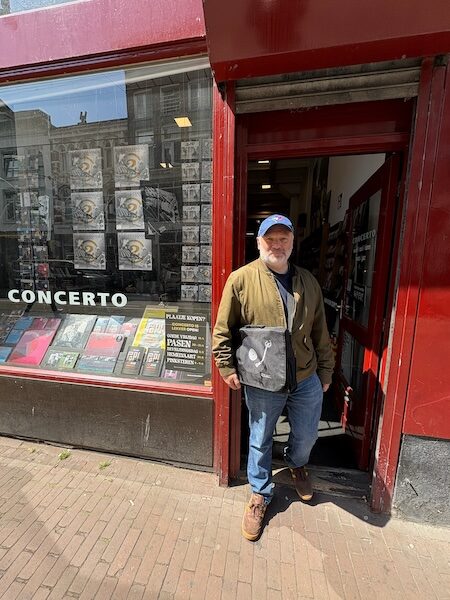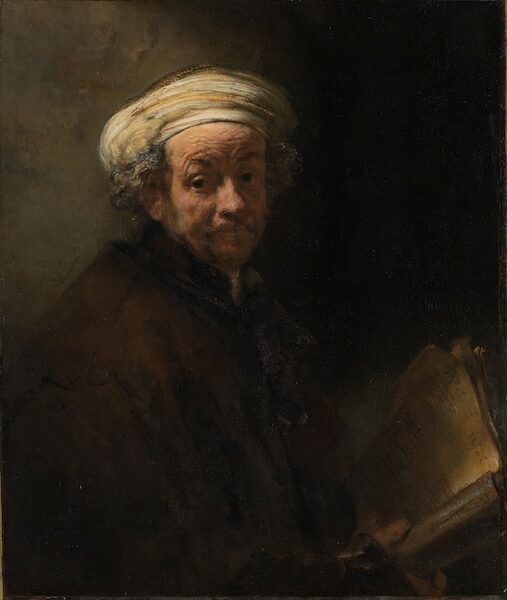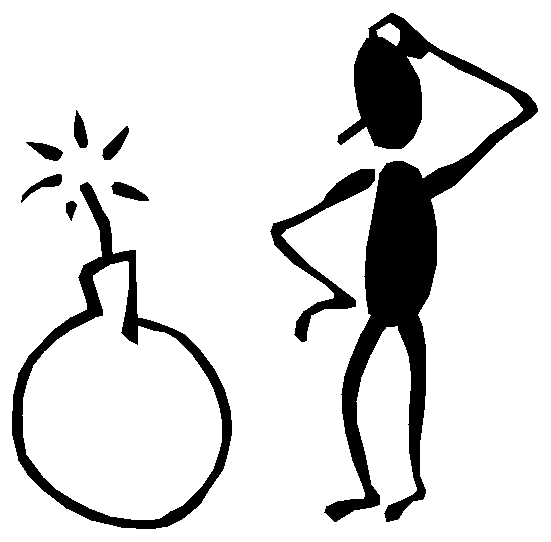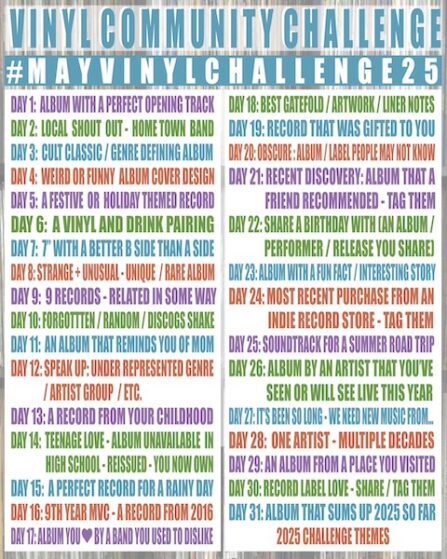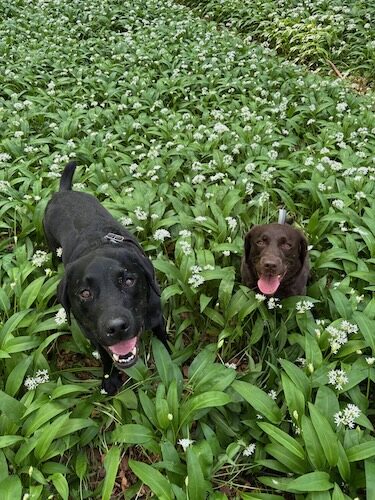-
Post-OU Annual Report
I left the OU a year ago, so have been reflecting on how that year has gone. Because I’ve been missing writing all those monthly, annual, random, reports, here is my Annual Report to be submitted to the funding council (ie me). With tongue a bit in cheek, I’ve adapted the format from an annual report that I used to prepare for a research funder for Post-OU Martin Inc. Key Metrics Outcome Indicator Target Progress to Target Comments Novel Words writtenNovels published 70,000 words1 novel published 70K writtenPublished by end Sept Instagram account FollowersPosts 1000 followers200 posts 1491 followers238 posts Developed aesthetic and style Running RacesDistance 1 half marathon 3…
-
Recalibrating your analogue
I’ve seen a few stories recently about how people (often men) are sort of disappearing into AI blackholes. Whether it’s being convinced you are a spiritual leader, hunted by the CIA, unhealthy sexual fantasies, or generally reinforcing self-beliefs it’s hard to see how this is going to stop. As humans we’re programmed to anthropomorphise, we see Jesus’s face in toast for goodness sake, so even when you know it’s not real, it’s pretty hard to resist the emotional response that this AI tool genuinely knows you and is talking to you. This is going to be bad news for everyone. Young teenage boys will be creating the women of their…
-
May 25 Round-up
This month I finished my first novel, a psychological horror, which came in around 70,000 words. I’ve sent it off to a few agents, but I expect it’ll be a case of self-publishing in Kindle. I’ll talk more about that in later posts, but it’s been a very enjoyable process. I don’t know if it’s any good, but it is there – the first step in writing a good novel is to write a novel. I was struck by the phrase Alison Light used to refer to the Golden Age of detective fiction as the “literature of convalescence“. She was arguing that after the horrors of the First World War,…
-
Creativity, AI and awkward questions
Some of you will have seen how at least one author has been caught accidentally leaving AI prompts within the finished text of their book, and also how a suggested summer reading list in the Chicago Sun-Times contained AI hallucinations for books that don’t exist. There was, rightly, an outcry against this laziness, and a sense of being cheated (also, does no-one do any editing anymore?). But beyond these obvious, egregious examples, I find the question of artistic integrity (and related, academic integrity) interesting in general, and how the use of AI makes us ask difficult questions. There is a lot of puritanism around the use of AI in any…
-
AI’s clipart problem… or is it?
Clip art used to require specialist access and skills. It was literally clipped stock art, that could be used in creating physical paste-ups which would be photographed to create ads (I remember a friend of mine who worked in graphic design in the 80s having widely admired scalpel skills for cutting out images). Then in the late 80s it became almost entirely digital with desktop publishing, but this was still largely the domain of professionals. It was with the advent of the Microsoft products such as Word and Powerpoint with their inbuilt clip art in the 90s and then the web that widespread use of clip art became possible for…
-
May vinyl challenge and the importance of communities
It is Mental Health Awareness week this week, and this year they have the theme of community. As the Mental Health Foundation states: “Being part of a safe, positive community is vital for our mental health and wellbeing. We thrive when we have strong connections with other people and supportive communities that remind us, we are not alone. Communities can provide a sense of belonging, safety, support in hard times, and give us a sense purpose.” Which got me thinking about a current activity I’m engaged in over on Instagram. I run a vinyl account there (I know, male mid-life crisis alert!), and every year there is a May Vinyl Challenge, where…
-
April 25 Round-Up
(Teilo and Posey have been enjoying wild garlic season) Bit late this month, I’ve been writing goddammit! I’ve blogged a few times about my post-OU reinvention, and this month I’ve been trying on the “I’m a writer” hat. By which I mean I’ve been approaching fiction writing more as a job, writing every day, as opposed to one thing I’m trying amongst a few others. I’ve appreciated the structure and the reduction in cognitive effort where I have to decide “what am I doing today?” every morning. Books I’ve been digging into music biographies quite a bit this month. David Byrne’s How Music Works, which is sometimes fascinating as Byrne…
-
AI in creative writing
I’m generally against using AI to creative ends, as I’ve mentioned several times, for me it kind of defeats the point. The creativity you are engaging in is the thing. However, I’ve been writing a psychological horror novel over the past few months though, and I though I’d experiment with it. I was at around 60,000 words, so there was a big chunk of content to play with. I like writing so the intention here was more to understand uses of AI than to ease any writing. My conclusions are therefore more about general lessons we can learn about AI than writing. I tried Claude, ChatGPT and Gemini with various…
-
Look ma, no hands!
I’ve been at something of a blogging impasse recently, stymied by my own self-censorship. I was going to say something about the new AI start-up Matter and Space and in particular what I perceived as a bit of white saviour complex in their promo, but a) Audrey digged deeper than I would and b) it’s not really my place to comment on it. After turning down a prestigious invite to the UN recently (because of travelling to the US), I also wanted to say something about the difficulty of hosting, attending and bringing people to open ed conferences in the US, but again, that’s not my story now and so…
-
Let’s get specific
Last week marked the launch of a series of reports commissioned by the N-Tutorr project for the National Digital Leadership Network in Ireland. They’re an excellent set of reports, offering high level and practical insights. I’ll look at some of the other reports in a later post, but I want to draw out an element of my own one in this post. My report acted as something of an overview to several others, which then took a deeper dive. I looked at five trends relating to new models of teaching through technology, namely Hybrid and Blended Modes for Learning and Working, Microcredentials, Generative AI, Extended Reality and Adaptive and Personalised…


